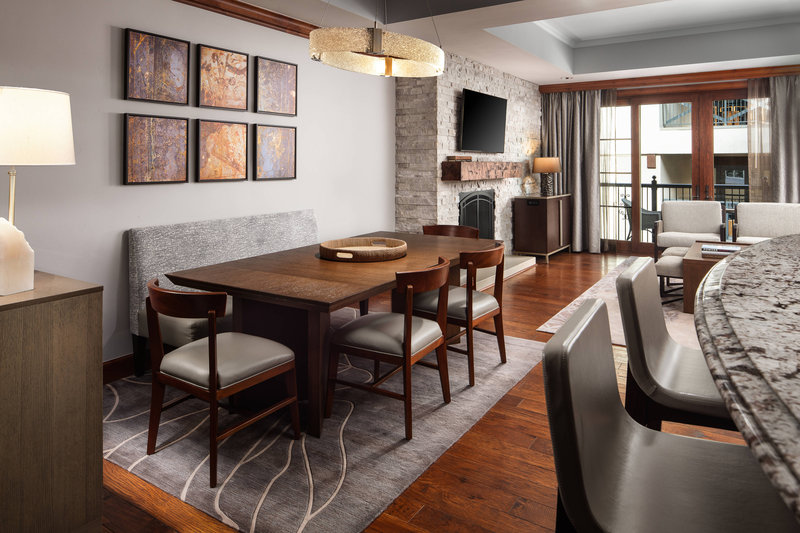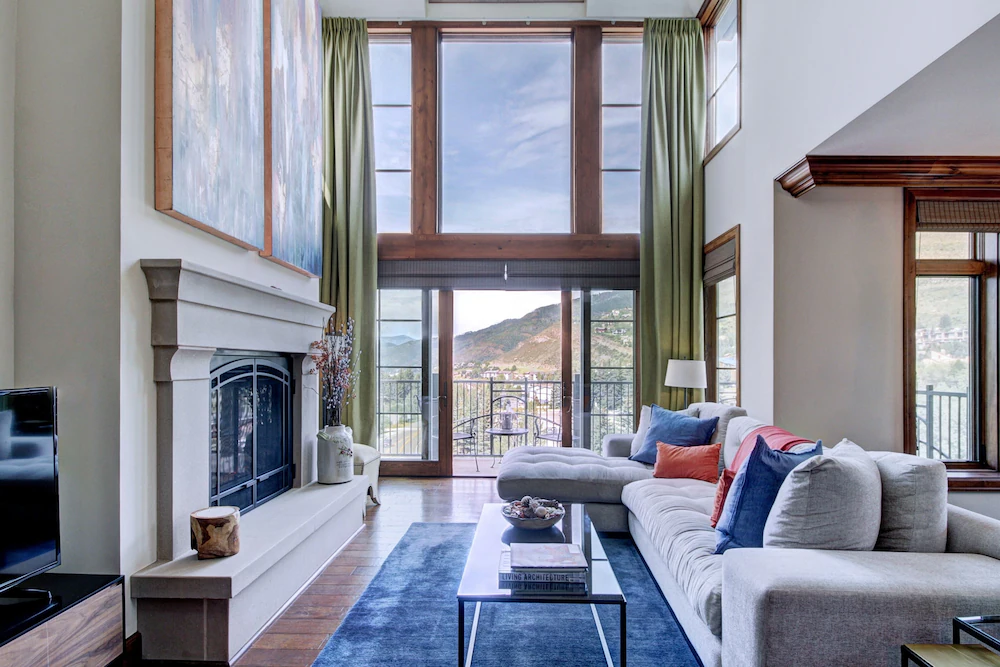February 23, Monday
Timing Matters: When Should a Hotel Consider a Property Improvement Plan (PIP)?
Introduction
In the ever-changing world of hospitality, hotels must adapt and evolve to meet the ever-increasing expectations of their guests. One vital strategy for maintaining competitiveness and ensuring guest satisfaction is the implementation of a Property Improvement Plan (PIP). However, determining the right time to initiate a PIP is crucial for a hotel’s success. In this blog, we will explore the key factors that should prompt a hotel to consider a PIP.
Guest Feedback and Declining Satisfaction
Perhaps the most apparent signal that a hotel should consider a PIP is negative feedback from guests. If your hotel is consistently receiving complaints about outdated amenities, worn-out furnishings, or inadequate facilities, it’s time to take action. Addressing these issues through a PIP demonstrates a commitment to improving the guest experience and can help reverse declining guest satisfaction.

Aging Infrastructure and Facilities
As hotels age, so do their physical structures and facilities. Plumbing systems, electrical systems, HVAC (Heating, Ventilation, and Air Conditioning), and more all have finite lifespans. When these vital systems begin to show signs of wear and tear, it’s a clear sign that a PIP is needed to ensure the safety and comfort of guests. Delaying necessary upgrades can result in costly breakdowns and inconveniences for guests.
Changing Market Demands
The hotel industry is dynamic, with trends and traveler preferences evolving constantly. To stay competitive, hotels must align with these changing market demands. If your property no longer meets the needs and expectations of your target market, a PIP can help you reposition your hotel and capture a new segment of travelers. This might involve introducing new room types, enhancing amenities, or incorporating sustainable practices.
Rebranding and Repositioning
Hotels sometimes undergo rebranding or repositioning efforts to appeal to a different demographic or to enter a new market segment. A PIP is often an integral part of this process, as it helps transform the property’s appearance and offerings to align with the new brand or positioning. Whether it’s transitioning from a budget hotel to a luxury boutique property or targeting a different audience altogether, a PIP is a strategic move in achieving these objectives.

Compliance and Regulatory Changes
Local building codes, safety regulations, and environmental requirements can change over time. When these changes impact the hotel’s operations or necessitate modifications to the property, a PIP becomes imperative. Ensuring compliance not only avoids legal issues but also underscores the commitment to providing a safe and environmentally responsible experience for guests.
Competition and Market Analysis
Regularly monitoring the competition and conducting thorough market analysis is essential for hotel owners and operators. If competitors are investing in renovations and upgrades that outshine your property, it’s time to consider a PIP. Staying ahead of or at least on par with the competition is crucial for attracting and retaining guests.
Conclusion
Property Improvement Plans (PIPs) are not a one-size-fits-all solution, and their timing should be carefully considered based on various factors specific to each hotel. However, one thing is clear: a PIP is not a question of if, but when. Hotels must proactively assess their situation, listen to guest feedback, and adapt to industry trends to remain competitive and relevant. By identifying the right time for a PIP, hotels can not only maintain their property’s value but also provide guests with exceptional experiences that keep them coming back.
Contact us
Website: www.cherrycreek.net